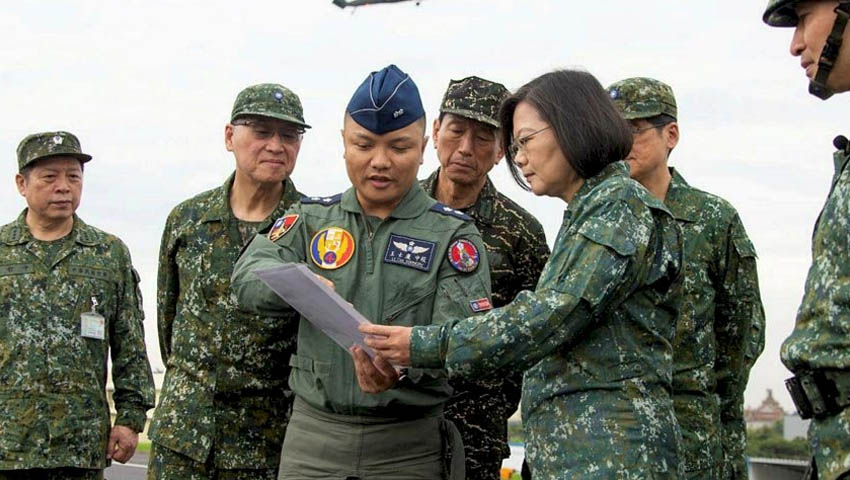Taiwan’s request to purchase equipment and services for the sustainment of its Patriot Air Defense System has been approved by the US State Department.
To continue reading the rest of this article, please log in.
Create free account to get unlimited news articles and more!
The Defense Security Cooperation Agency (DSCA) has announced the approval of the Taipei Economic and Cultural Representative Office’s (TECRO) order of equipment and services to support participation in the Patriot International Engineering Services Program (IESP) and Field Surveillance Program (FSP) over the next five years.
The deal, worth an estimated US$100 million ($139 million), includes engineering services to support, maintain, and enhance the Patriot Air Defense System; and missile field surveillance support for legacy Guidance Enhanced Missile (GEM) and Patriot Advanced Capability-3 (PAC-3) missiles.
“This proposed sale serves US national, economic, and security interests by supporting the recipient’s continuing efforts to modernize its armed forces and to maintain a credible defensive capability,” the DSCA noted in a statement.
“The proposed sale will help improve the security of the recipient and assist in maintaining political stability, military balance, economic and progress in the region.”
The deal also aims to improve Taiwan’s missile density, supporting readiness for air operations.
“The recipient will use this capability as a deterrent to regional threats and to strengthen homeland defence,” the DSCA added.
This comes amid continued breaches of Taiwan’s air defence authorisation zone (ADIZ) by the People’s Liberation Army Air Force (PLAAF).
Taiwan’s Ministry of National Defense reported breaches of the ADIZ almost every day in January and at least three times this month, flagging intrusions by offensive platforms, including Shenyang J-16 strike fighters and Shaanxi Y-8 transport aircraft.
These reports have only heightened fears of a looming clash, with the Chinese Communist Party (CCP) openly touting its plans to absorb the independent democracy. It remains unclear how the international community would respond to a potential Chinese invasion, with the largest player, the US, standing by its policy of strategic ambiguity.
[Related: Taiwan is not a ‘chess piece’, warns China]

 Login
Login







